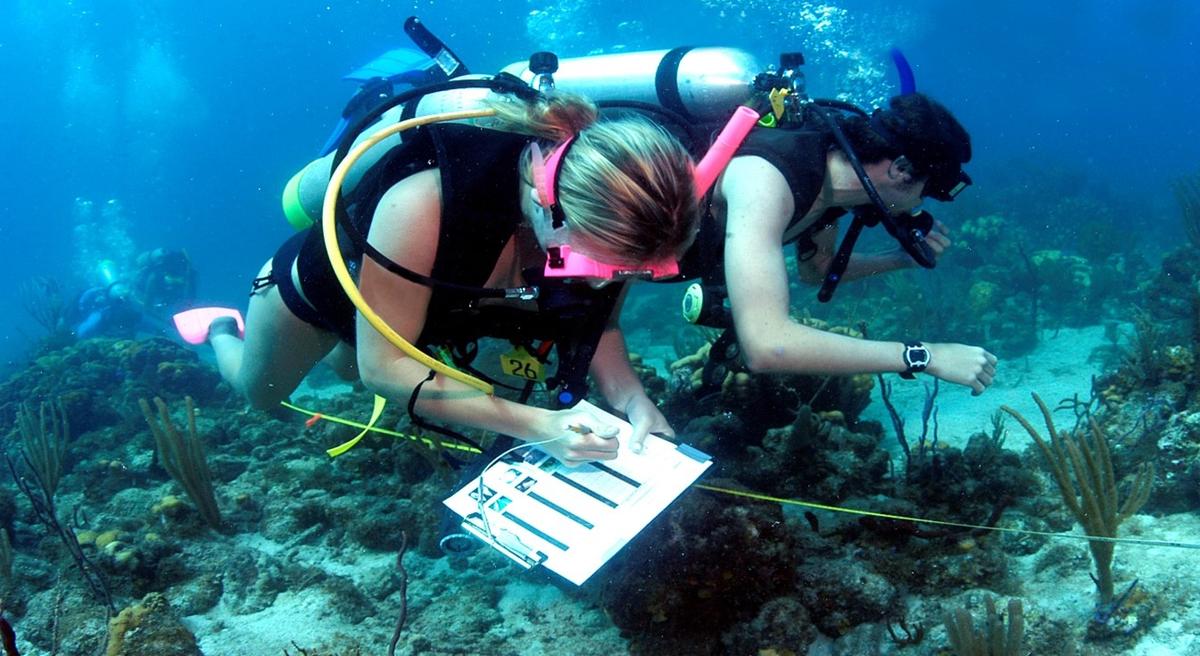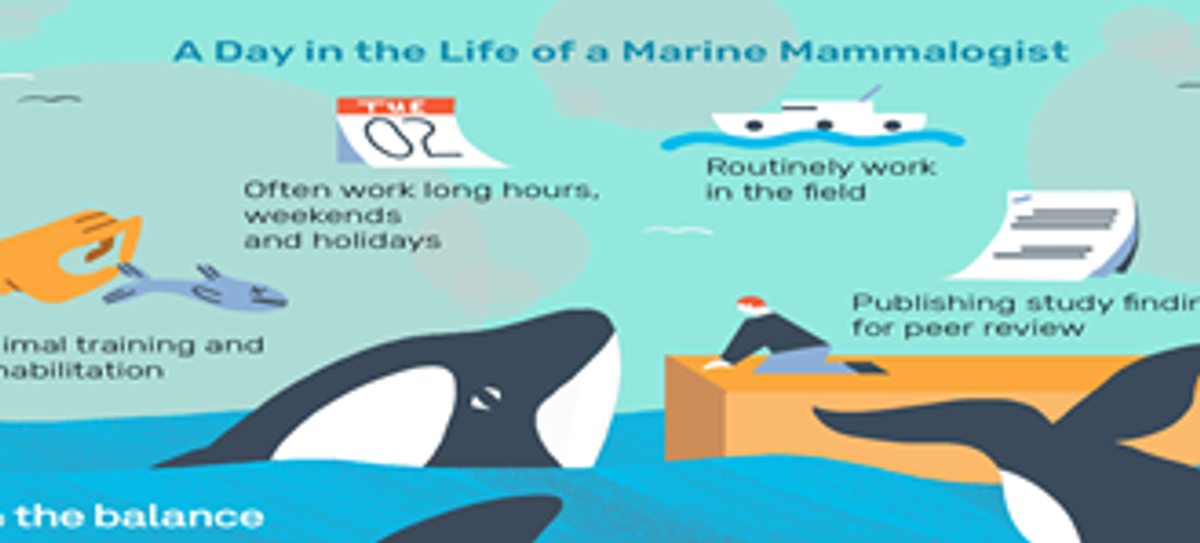Careers News

A Career in Marine Biology
(reference: studyworkgrow.com.au)
If you love animals and the ocean, are inquisitive and analytical, and want to help protect marine life for future generations, becoming a Marine Biologist might be an ideal career.
Marine Biologists study all different kinds of marine life, both in their natural habitats and in captivity. They learn about their habitats, behaviour, anatomy, and any diseases and environmental factors that might impact them. They then record this knowledge and use it to develop conservation programs and provide advice and guidance to industry.
What a Marine Biologist does
- Collects samples for testing
- Observes marine life behaviour, in the wild and in captivity
- Assesses the effects of pollution and disease
- Observes and minimising the impact of introduced species
- Writing up of findings for publication
- Develops long-term programs to reduce environmental harm
- Advisers industry bodies (fisheries, etc) on more sustainable practices
- Educates the public about marine life and issues
Ideal attributes for a Marine Biologist
- Analytical and thorough
- Have excellent communication skills
- A great problem-solver
- Have Attention to detail
- Are curious and inquisitive
- Environmentally conscious
- A Critical thinker
- Works well in teams and independently
Where Marine Biologists work
Queensland, Western Australia, and Tasmania have the majority share of workers across Australia. Most Marine Biologists work in the Professional, Scientific and Technical Services industry. Depending on the type of work you do, you might be spending some time indoors in a laboratory, or out on and in the water.
How to become a Marine Biologist
- You will most likely need a minimum undergraduate level qualification to work as a Marine Biologist.
- Step 1 – Complete at least Year 12 with a focus on English, Maths and Biology.
- Step 2 – Try and find work experience or volunteer in a related setting.
- Step 3 – Study a relevant university course, such as a Bachelor of Marine Science or Bachelor of Science (Marine Biology). Explore Course Seeker to find courses
Work Related Skills that will help in any field
Work Ethic
Employers look for job candidates with a strong work ethic. Such people come to work on time, complete tasks in a timely manner, and stay both focused and organized.
They are able to budget their time and complete their work thoroughly. While they can work independently, people with a strong work ethic can also follow instructions.
A strong work ethic is difficult to teach, so employers will be impressed if you can demonstrate it in your job application.
Read more about soft skills, like work ethic, here.
Donna Mckinlay
Careers department
Latest DSC Career News
Vanessa Ramsay
Career Development Coordinator


